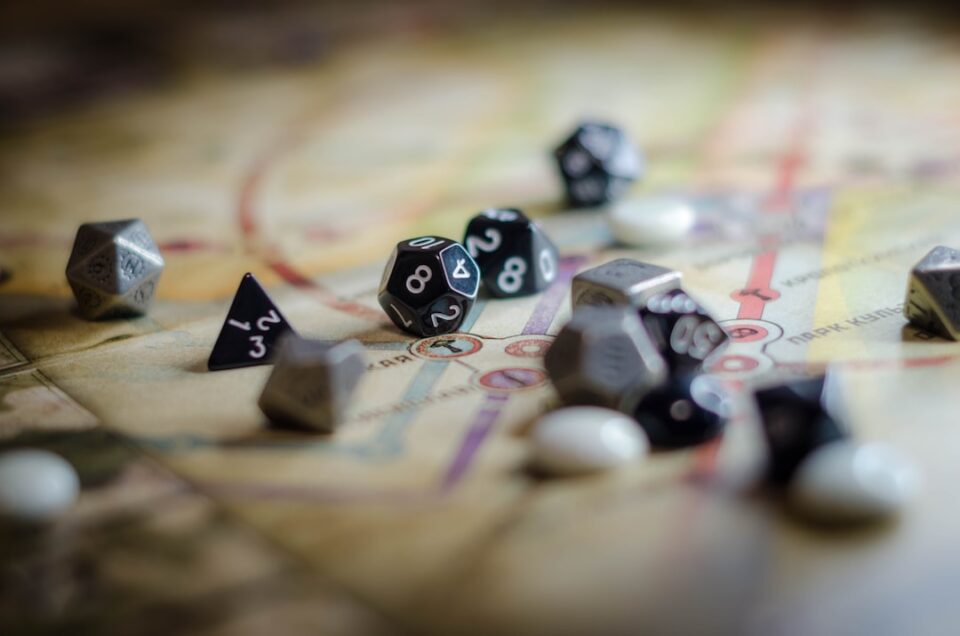The Connection Between Gaming and Problem-Solving Skills: How Games Can Boost Cognitive Abilities
It is often said that spending too much time playing video games can be detrimental to one’s cognitive abilities. However, recent studies have shown that certain types of games can actually enhance problem-solving skills and boost cognitive abilities. In this blog post, we will explore the connection between gaming and problem-solving skills and discover how games can be a valuable tool for cognitive development.
One of the key reasons why gaming can improve problem-solving skills is the inherent nature of many video games. Most games require players to solve complex puzzles, navigate through intricate mazes, and make quick decisions in high-pressure situations. These activities force players to think critically, strategize, and problem-solve on the spot. As a result, gamers develop strong analytical skills, spatial reasoning abilities, and the capacity to think abstractly.
Another aspect of gaming that enhances problem-solving skills is the need for players to adapt and learn from their mistakes. In many games, players face challenges and obstacles that require multiple attempts to overcome. By recognizing their mistakes, analyzing their failures, and adjusting their strategies, gamers develop resilience and perseverance. These qualities are essential for problem-solving in the real world.
Furthermore, multiplayer online games provide a unique opportunity for collaboration and teamwork. Players often need to communicate and coordinate with others to achieve a common objective. This fosters social interaction and cooperation, as well as the development of problem-solving skills through collaboration and negotiation. Team-based games also require players to allocate roles and responsibilities, promoting leadership and delegation abilities.
In addition to these direct benefits, gaming can indirectly enhance cognitive abilities through the improvement of hand-eye coordination and reaction time. Many games require precise movements and quick reflexes, which contribute to the development of these skills. Studies have shown that individuals who regularly play action video games have better visual attention and cognitive control compared to non-gamers.
It is important to note that the positive effects of gaming on problem-solving skills are dependent on the type and duration of gameplay. Games that promote critical thinking, cognitive flexibility, and strategic planning are more likely to have a positive impact. Additionally, moderation is key, as spending excessive time gaming can lead to neglecting other essential aspects of life.
In conclusion, gaming can be more than just a form of entertainment; it can be a tool for cognitive development. Games that require critical thinking, problem-solving, and collaboration can enhance cognitive abilities such as analytical thinking, spatial reasoning, resilience, and social skills. However, it is vital to strike a balance between gaming and other activities to ensure a well-rounded and healthy lifestyle. So, the next time you enjoy a video game, remember that you are not just having fun but also boosting your problem-solving skills.


